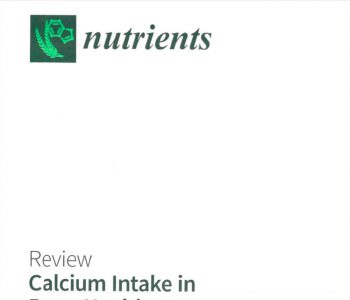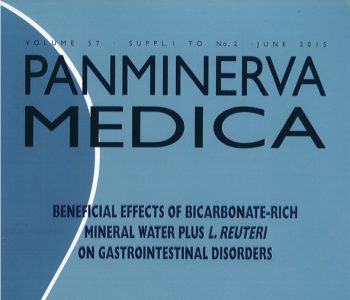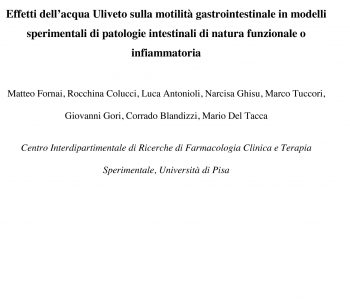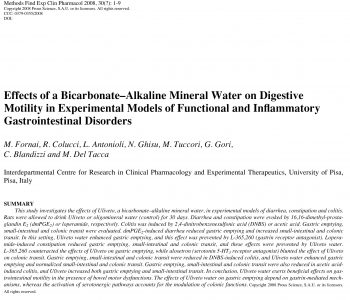Francesco Paolo Zito | Antonietta Gala | Daniela Genovese | Letizia Vozzella | Barbara Polese | Sara Cassarano | Martina Cargiolli | Paolo Andreozzi | Monica Gelzo | Giovanni Sarnelli | Giulia Frisso | Rosario Cuomo
Department of Clinical Medicine and Surgery, Federico II University of Naples, Naples, Italy
CEINGE Advanced Biotechnology s.c.a.r.l., Naples, Italy
Department of Molecular Medicine and Medical Biotechnology, Federico II University of Naples, Naples, Italy
Correspondence
Rosario Cuomo, Department of Clinical Medicine and Surgery, Federico II University Hospital, School of Medicine, Naples, Italy. Email: rcuomo@unina.it
Abstract
Background: Water balance influences gastrointestinal (GI) activity. Our aim was to evaluate how dehydration and rehydration with different types of water are able to affect GI activity in healthy and dyspeptic athletes.
Methods: Twenty non‐competitive athletes, respectively 10 healthy and 10 dyspep‐ tic subjects, were enrolled. All subjects underwent three test sessions (0, A, B) of 6 hours. Dehydration was achieved with a walking/jogging exercise test on a tread‐ mill. After exercising, 500 mL of calcium‐bicarbonate (Test A) or soft water (Test B) were administered, while no rehydration was provided during Test 0; thereafter, all subjects consumed a light lunch. GI symptoms were evaluated during each test and an electrocardiogram (ECG) Holter recording was performed at the end of the exercise.
Key Results: Dyspeptic subjects exhibited higher overall symptoms during Test 0 (VAS: 30.8 ± 0.8 mm) compared to Test A (18.4 ± 1.1, P < 0.001) and Test B (24.4 ± 1.3, P < 0.001). However, analyzing GI symptoms, only subjects receiving calcium‐bicar‐ bonate water (Test A) showed significantly lower symptomatic scores compared to Test 0 or Test B. Moreover, heart rate variability analyses revealed that only in Test A dyspeptic patients exhibit a trend to a decrease in the post‐prandial low/high fre‐ quency (LF/HF) ratio, similarly to healthy subjects, while in Test 0 and Test B, post‐ prandial LF/HF ratio was increased compared to the pre‐prandial phase. Conclusions and Inferences: Our results show that mild dehydration in dyspeptic athletes is able to increase GI symptoms but an adequate rehydration, with calcium‐ bicarbonate water, is able to improve post‐exercise disturbances restoring sympatho‐ vagal imbalance.







